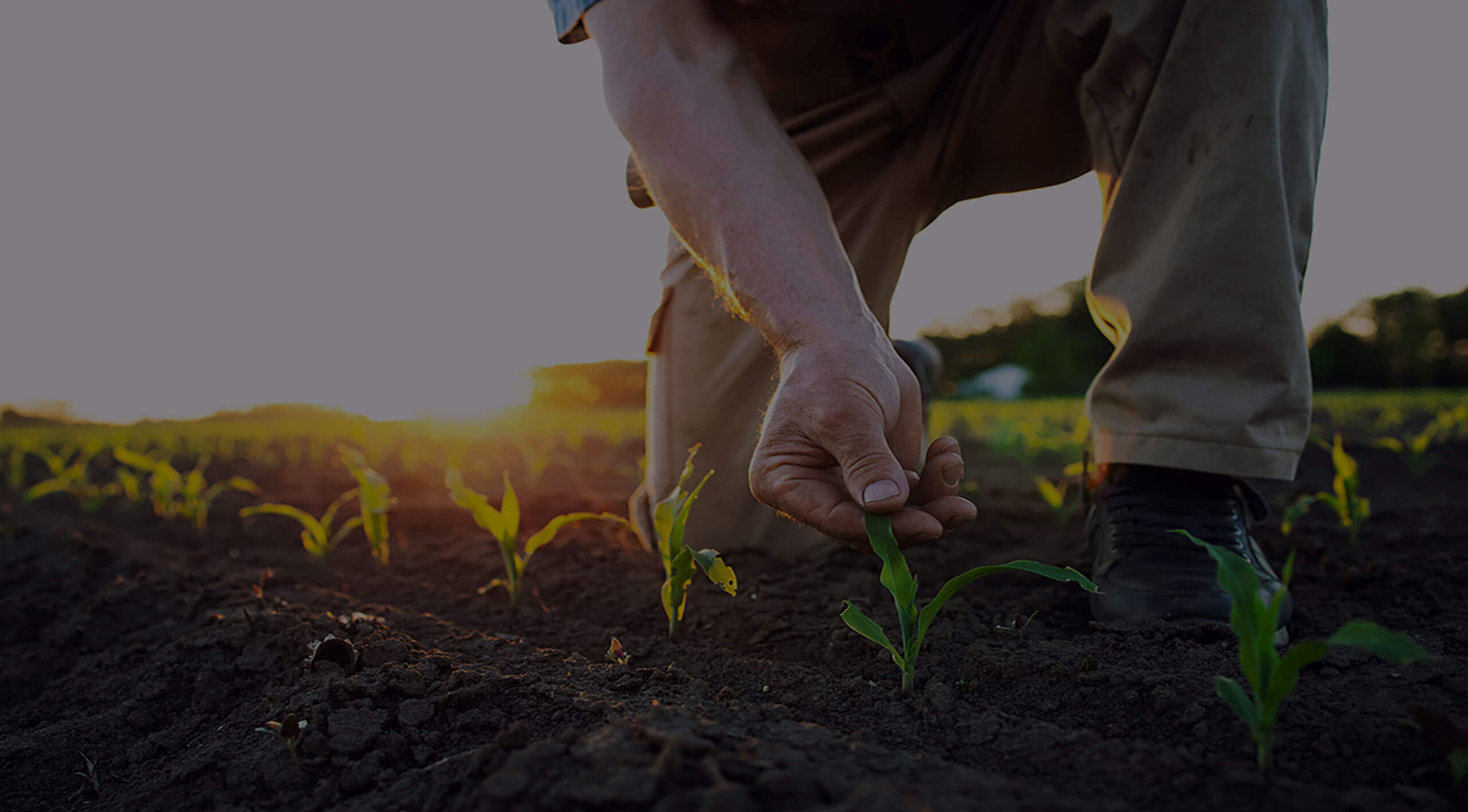
Human Rights
The Balance Methodology not only focuses on environmental sustainability but also significantly enhances human rights through various co-benefits. Agroforestry, permaculture, and apiary (beekeeping) initiatives create sustainable livelihoods, promoting food security and economic resilience for local communities. Water catchment enhancement improves water quality and availability, supporting fisheries that provide both nutrition and income. Sustainable firewood management prevents deforestation and reduces environmental degradation, ensuring that forest resources are available for future generations while mitigating fire risks. The diverse array of possible forest products, from timber to non-timber items, can help to sustainably boost local economies. Eco-tourism, an additional benefit of healthy, biodiverse forests, generates income while raising awareness about environmental conservation. These practices present locally valuable economic alternatives to monoculture planting systems, which often lead instead to environmental and economic instability.
Although Balance cannot directly engage in financial compensation to these communities, we encourage project developers to create socio-economic benefits through ethical practices. Additionally, Balance is able to be directly financially involved in the conversion of biochar credits into Balance Units, which are then sold to clients, ensuring that the economic benefits of sustainable practices are realized by local stakeholders.






